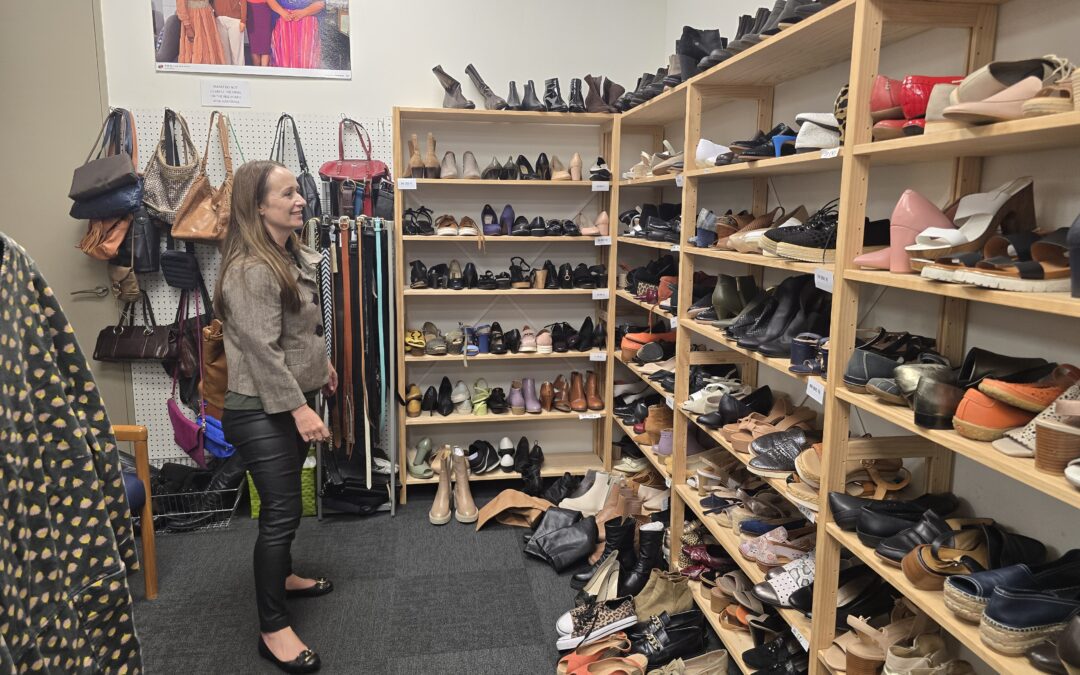2021 dished up vastly differing fortunes for us all – but in finance, often it’s not the cards you hold but how you play them that really counts.
So, if you didn’t fare so well after 2021, (and even if you did) here are a few financial mistakes to consign to the dustbin in 2022.
Trying to time the property market
Over the past two years, many people have been more concerned about ‘when’ they should buy rather than ‘what’ they should buy (and their ‘hold’ strategy). Those who decided to sit out 2020 in anticipation of prices falling likely regret that decision, given what happened to property prices in the interim. That surge was something no one was predicting – but that is precisely the point. Trying to pick the top or bottom of the market is a fool’s errand. I’d encourage you to be more concerned about time in the market than timing the market. Plus, what people forget when trying to pick the bottom is when you get there, the banks are at their most circumspect about lending, so a slump is generally only of benefit to a cash buyer. Of course, it’s always a bad time to buy a lemon, so aim to buy well, buy something that you can afford to hold for the long term, and work on building a buffer to account for rising interest rates so you aren’t forced to sell at an inopportune time.
Following the crowd
There’s opportunity in uncertainty, and during the pandemic a whole new generation discovered investing – which is great. However, many have leapt into speculative investments simply because they’ve seen the gains others are making. Research by the Financial Markets Authority shows 51% of people have made an investment decision because they feared missing out, while 33% have invested in an investment product or signed up to an online platform without really understanding it. This newfound fascination with investing is a great thing but leaping before looking is not. If you just want to have a play with money you can afford to lose, go for it – but generally any investment of more than about $10,000 needs to have a robust strategy to support your investment decisions. So, invest some time into being conscious of where your money is going and seek to understand what sits under the hood of your investment. Consider the risks, your own risk profile, your timeframe, and what returns you need to achieve your financial goal – because that highlights the minimum risk you need to take. You also need to understand volatility, because we are likely to see more of it in coming years and if you haven’t factored that into your plan, you might end up swimming naked when the tide recedes.
Ignoring inflation
For almost a decade inflation has been of little concern, as it bumped along the middle (and sometimes below) the Reserve Bank’s target range of 1-3%. But that’s no longer the case. With inflation running at about 5%, leaving money in the bank now guarantees you a loss in its value year on year, making the cost of leaving the money idle too high to ignore. So, you need to carefully consider what is the next best option is for you, to ensure you don’t erode your precious capital any faster than you need to. However, chasing higher returns needs to be considered and executed carefully, because that brings increased volatility with it, or a greater chance the investment will go backwards at some point. You need to be confident your financial flank isn’t unnecessarily exposed by your quest for better investment returns than your situation dictates you need.
Coasting
Plenty of people have had a tough few years – but many others have enjoyed property windfalls, businesses that are busier than ever, and rock bottom interest rates. Instead of capitalising on that, it’s prompted a surge in demand for baches, boats and new cars. There’s nothing wrong with wanting the finer things in life, but my rule of thumb is you need to make the most of your time in the financial sun, because it seldom lasts forever. Your most precious financial asset is forward momentum, so anything that compromises that needs to be assessed for not only its cost but its opportunity cost. Aspire to have nice things, but let’s ensure you’ll be able to keep the nice things when the sun ceases shining on you. Irrespective of the conditions, learn to row your own boat.
Hannah McQueen is a financial adviser, chartered accountant, personal finance author and the founder of enable.me financial strategy & coaching.
To book an initial consultation with an enable.me financial coach, click here.
This article was originally published on www.stuff.co.nz
Disclaimer: This blog post is for informational purposes only and does not constitute individual financial advice. If you’re interested in receiving personalised financial advice, you can book in a consultation with an enable.me coach. Costs apply.


